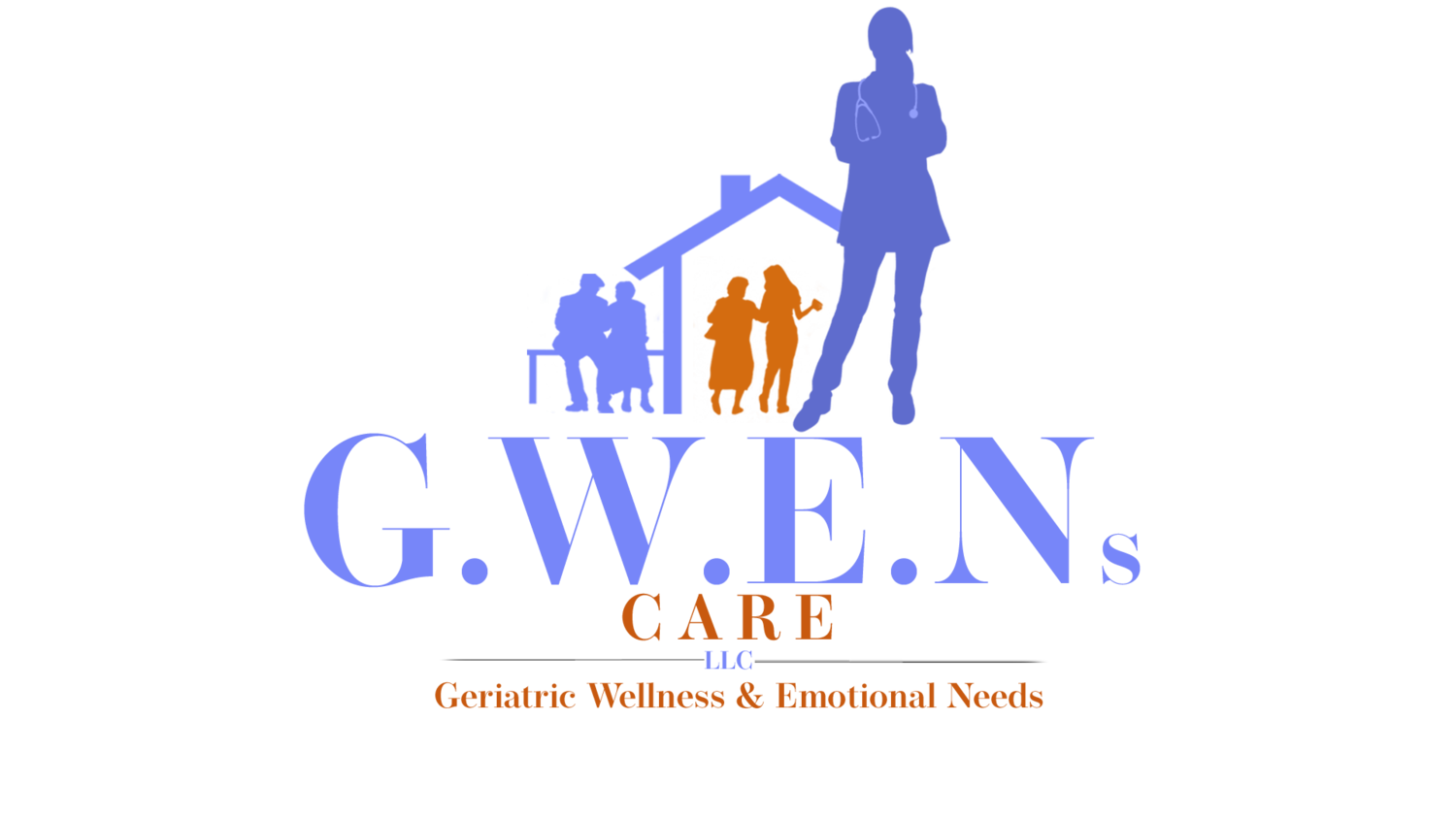Epilepsy Awareness Month: Supporting Seniors with Epilepsy
November is Epilepsy Awareness Month, a time to shine a light on a condition that affects more than 3.4 million people in the United States alone. Epilepsy can impact individuals of all ages, including seniors. As a senior support agency, it’s important for us to raise awareness, educate our community, and highlight how we can help seniors manage and live well with epilepsy.
What is Epilepsy?
Epilepsy is a neurological disorder characterized by recurrent, unprovoked seizures. These seizures can vary in type and severity, and they are caused by abnormal electrical activity in the brain. Although epilepsy is often diagnosed in childhood or young adulthood, it is not uncommon for people to develop the condition later in life.
Epilepsy in Seniors: What You Should Know
Epilepsy is sometimes overlooked in older adults, as it may be mistaken for other age-related health issues. However, seniors are particularly vulnerable to developing epilepsy, and the risk increases with age. Here are some key facts to understand about epilepsy in seniors:
Age-Related Changes: As the brain ages, it becomes more susceptible to the changes that can lead to epilepsy. This includes conditions like stroke, Alzheimer’s disease, and brain injuries.
Symptoms in Seniors: Seizures in older adults can be more difficult to identify because they may be mistaken for other conditions, such as fainting, a fall, or a transient ischemic attack (TIA). Symptoms may include confusion, staring spells, unexplained falls, or even brief loss of awareness.
Co-Existing Conditions: Seniors with epilepsy often live with other chronic conditions, such as heart disease, diabetes, or dementia, which can complicate the management of seizures. Medications taken for these conditions can also interact with seizure medications, requiring careful monitoring.
Increased Risk of Injury: Falls are a serious concern for seniors with epilepsy, especially if seizures cause them to lose balance or consciousness. A seizure can lead to serious injuries, such as fractures or head trauma, making it even more important to provide a safe living environment.
How Our Senior Support Agency Can Help
At [Your Agency Name], we are committed to providing compassionate care for seniors with epilepsy, ensuring they receive the support they need to live safely and independently. Here’s how we assist seniors and their families:
Personalized Care Plans: We work with medical professionals to create tailored care plans that address the unique needs of seniors living with epilepsy. This includes medication management, scheduling regular check-ups, and adjusting routines to ensure safety.
Seizure Monitoring: For seniors who experience seizures, we offer seizure monitoring services. Our caregivers are trained to recognize the signs of seizures and provide immediate support, including first aid if necessary. We also offer home safety assessments to reduce the risk of injury during a seizure.
Education & Advocacy: We believe in the power of education to empower families. We provide resources to help families understand epilepsy, how it affects their loved ones, and how they can best support them. Our agency also advocates for seniors with epilepsy, ensuring they have access to the best possible medical care and social support.
Emotional and Social Support: Living with epilepsy can be emotionally challenging. Our caregivers offer companionship and social activities to help seniors maintain a sense of community and well-being. We also provide emotional support for family members navigating the complexities of caregiving.
Fall Prevention & Safety: One of the most significant risks for seniors with epilepsy is falls. Our team can make recommendations for home modifications, such as grab bars, non-slip rugs, and bed alarms, to help prevent falls and promote independence.
Tips for Family Members and Caregivers
As a caregiver, it’s important to be vigilant and proactive in supporting a senior with epilepsy. Here are some tips for ensuring their safety and well-being:
Know the Signs of Seizures: Be familiar with the different types of seizures and learn how to respond in the event of a seizure.
Create a Safe Environment: Remove any sharp objects or obstacles that could cause injury during a seizure.
Stay Calm and Offer Support: If a seizure occurs, stay calm. Ensure the senior is safe, gently guide them to the floor, and avoid restraining their movements.
Encourage Medication Adherence: Seniors with epilepsy may take medication to control seizures. Help them stick to their medication schedule and keep track of appointments with their doctor.
Maintain Open Communication: Keep an open line of communication with healthcare providers and family members. Regular check-ins and updates are vital for managing the condition effectively.
Conclusion
Epilepsy Awareness Month serves as a reminder to better understand this neurological disorder, especially as it affects seniors. By raising awareness and providing the right support, we can help improve the quality of life for seniors living with epilepsy. At [Your Agency Name], we are proud to play a role in ensuring that seniors receive the care and support they deserve.
If you or a loved one is affected by epilepsy, don’t hesitate to reach out to us for guidance, care, and support. Together, we can navigate the challenges of epilepsy and help seniors live safe, fulfilling lives.
